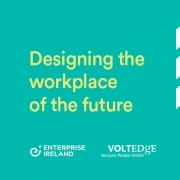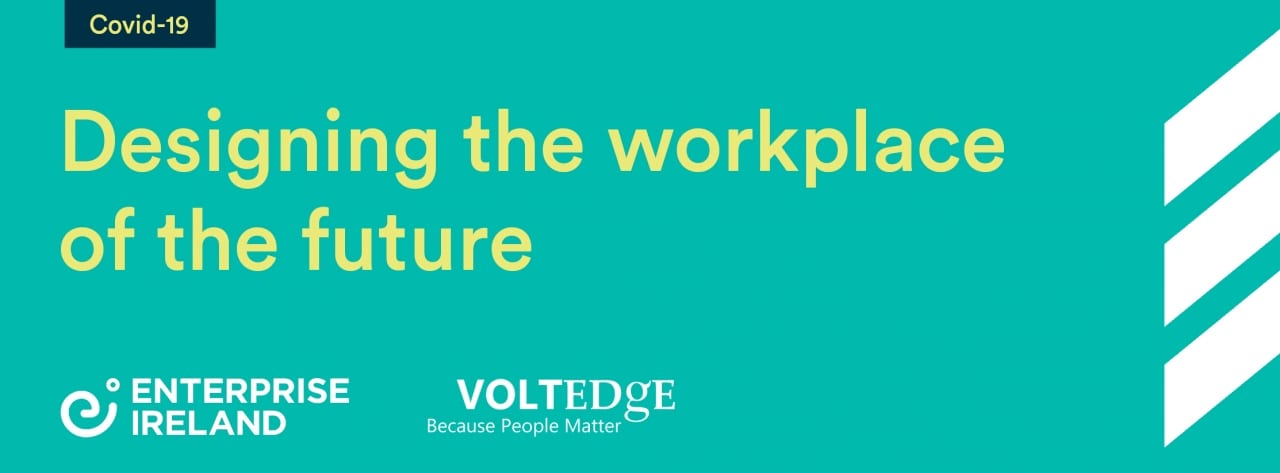Building resilient and sustainable supply chains to future-proof Irish business
Having weathered the storms of Brexit, global trade divisions, the Covid-19 pandemic and energy inflation, the next challenge for Irish exporters is to future-proof their business by developing resilient and sustainable supply chains.
This will require rethinking supply chain strategy and adhering to new EU legislation on corporate sustainability reporting. The challenges and potential solutions involved were analysed at the ‘Building a Resilient and Sustainable Supply Chain’ webinar, the first webinar in the Client Solutions event series.
Pain-points and solutions
“The Covid-19 pandemic and other events have seen companies fundamentally re-examine their supply chains and certain themes have emerged including localisation, diversification, digitisation, sustainability and Just-in-Time versus Just-in-Case,” said Mike Hogan, Senior Executive Global Sourcing, Enterprise Ireland
Mike’s presentation focused on supply chain pain-points and solutions identified by Enterprise Ireland client companies.
Localisation and ‘Alt Asia’
“As companies begin to ‘nearshore’ more they’re beginning to look at what our local is and local for Ireland in many cases is two to three hours flying time or accessible points by sea from Ireland,” said Hogan.
Local also means looking to suppliers in the Balkans and the North African ‘Mediterranean Lake’ countries such as Morocco and Egypt. The new post-Brexit ferry and cargo routes into France, Holland and Spain “have opened up opportunities for a lot of our clients to examine new suppliers,” added Hogan.
And as labour costs rise in China, some businesses are reducing their dependence on China and looking to what are termed the ‘Alt Asia’ countries such as Vietnam (production) and the Philippines (back-end services) for suppliers. “While they may not be able to supply all the aspects of China in terms of a one-stop-shop, suppliers in these countries can be combined to bring together the necessary inputs that people require for their businesses,” said Hogan.
“The key takeaway from our clients is that they are looking at combining longer and shorter supply chains and also that supply chain management is a continuous activity. It’s not something you do because you lose a supplier – it’s something that should be going on in the background on a continuous basis.”
“The key takeaway from our clients is that they are looking at combining longer and shorter supply chains and also that supply chain management is a continuous activity. It’s not something you do because you lose a supplier – it’s something that should be going on in the background on a continuous basis.”
Diversification and ‘Just-in-time’ versus ‘Just-in-Case’
Some Ireland client companies are beginning to reduce their over-reliance on specific suppliers. “Here we’re seeing examples of companies engaging with additional suppliers at a lower level to keep them on standby,” said Hogan.
He also predicts a shift from the ‘Just-in-Time’ supply strategy that has held sway for decades towards a more ‘Just-in-Case’ approach. Companies are holding additional inventories to reduce risk, but this also creates challenges around raising capital and inventory management, he cautioned.
Resources for sourcing new suppliers
The Enterprise Ireland Market Research Centre should be the first stop for companies looking to source new suppliers, said Hogan. He added that trade shows, the commercial sections of foreign embassies based in Dublin and London, Chamber of Commerce networks in Eastern Europe and North Africa, and specialist British trade bodies are also valuable sources of leads.
And he emphasised that given the multinational profile of the Irish workforce, companies should look at tapping into their own reservoir of talent to liaise with suppliers in their employees’ native countries.
Sustainable supply chains
The impact on supply chains from climate change was addressed by Ingrid de Doncker, Co-founder and Head of Innovation, Future Planet.
“Climate change is the biggest challenge for this generation of business leaders to solve. The future of our businesses and the planet is in our hands. It all comes down to responsible production and consumption and how we can source and buy products and services better.”
“By embracing sustainability in supply chains, we not only secure a better future for our planet and society, but also create more resilient, innovative, and profitable businesses.”
De Doncker also outlined how new EU legislation on corporate sustainability reporting will impact how businesses operate.
“It’s going to be the most challenging business transformation we will ever see,” she said, adding that “an unstoppable legal train has left the EU station.”
The Corporate Sustainability Reporting Directive (CRSD), which came into force in January 2023, will require EU-based companies to strengthen and standardise their sustainability reporting from 2025 onwards.
The directive aims to eliminate greenwashing, and companies that fall under the CRSD will need to prioritise their sustainability reporting strategy around five key areas, said de Doncker. These are:
- Double materiality This involves looking inwards to assess sustainability risks to the business and its impact on environment & society.
- Looking both ahead and back Companies must provide retrospective and forward-looking sustainability analysis in their financial and management statements.
- Stricter rules around climate-related disclosures in particular disclosure of Scope 3 emissions.
- Third-party assurance Sustainability information must pass through an external audit process before publication.
- Digital data and tagging Companies must prepare financial and management statements in XHTML or electronic format in accordance with the EU taxonomy.
The CRSD will be introduced on a phased basis, beginning with companies and public interest entities already subject to the EU’s Non-financial Reporting Directive (NFRD). By 2027, all companies with 10 or more employees will need to be CRSD-compliant.
For now, said de Doncker, companies should consider two fundamental questions when planning their sustainable supply chain strategy:
- How will you adapt your business model and your supply chain to reduce the impact of climate change?
2. What measures will you take to mitigate the impact of your business on the environment and society?
To adapt or mitigate your business and your supply chain to climate change, your first port of call is assessing and improving these related material challenges:
- Sustainable Procurement
- Green Logistics
- Human Rights and Stakeholder collaboration
- GHG Scope 3 Management
- Circular Economy and End of Life Waste
- Sustainable Product & Packaging Design
Building a resilient and sustainable supply chain is not always easy, but always worthwhile. To ensure transparency, collaboration across the supply chain and compliance to reporting standards, ESG enabled software can guide the journey to sustainable growth to Live Better in your business, Buy Better from your supply chains and Design Better for your customers.
Building a Resilient and Sustainable Supply Chain
Building a resilient and sustainable supply chain was the first in a series of Client Solutions events and webinars being hosted by Enterprise Ireland. The webinars offer practical solutions to the acute challenges facing businesses.
To register for upcoming events and to watch the recordings, visit Client Solutions Events

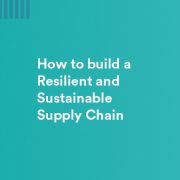



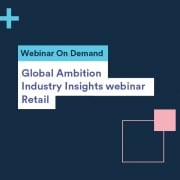
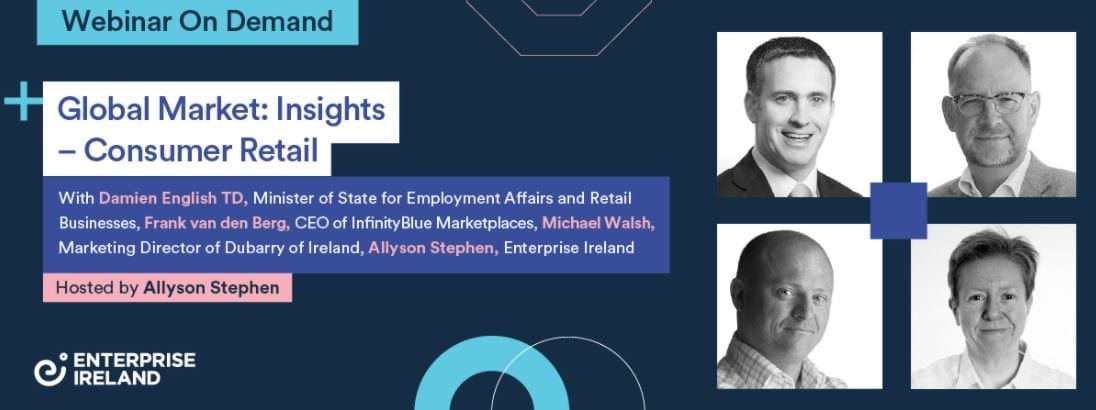



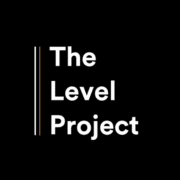
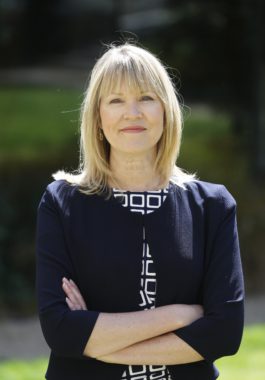 The Level Project has its origins in
The Level Project has its origins in  However, achieving gender balance is very much a long-term plan for a lot of companies, especially those in industries that are traditionally male dominated. For example, Shannon-based
However, achieving gender balance is very much a long-term plan for a lot of companies, especially those in industries that are traditionally male dominated. For example, Shannon-based 


